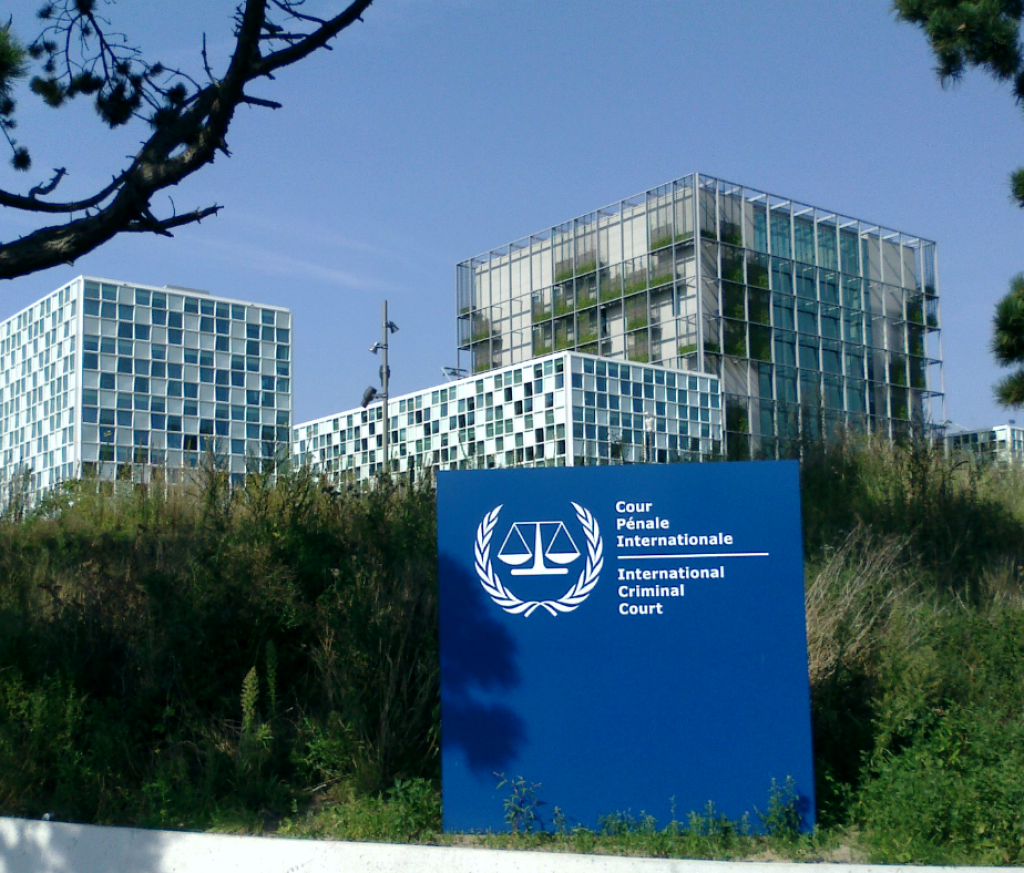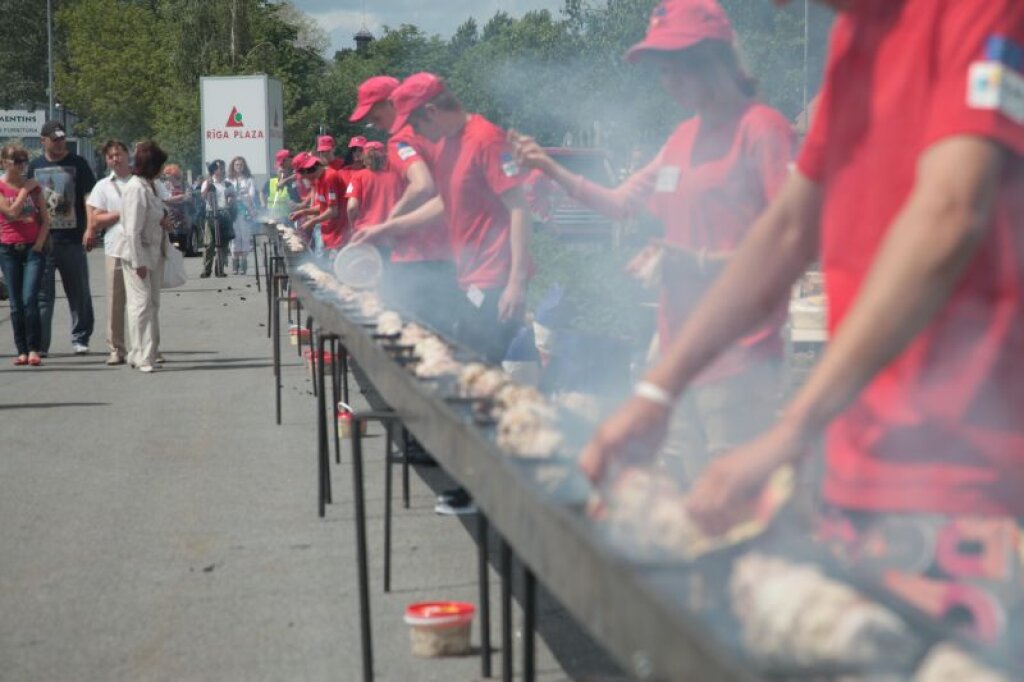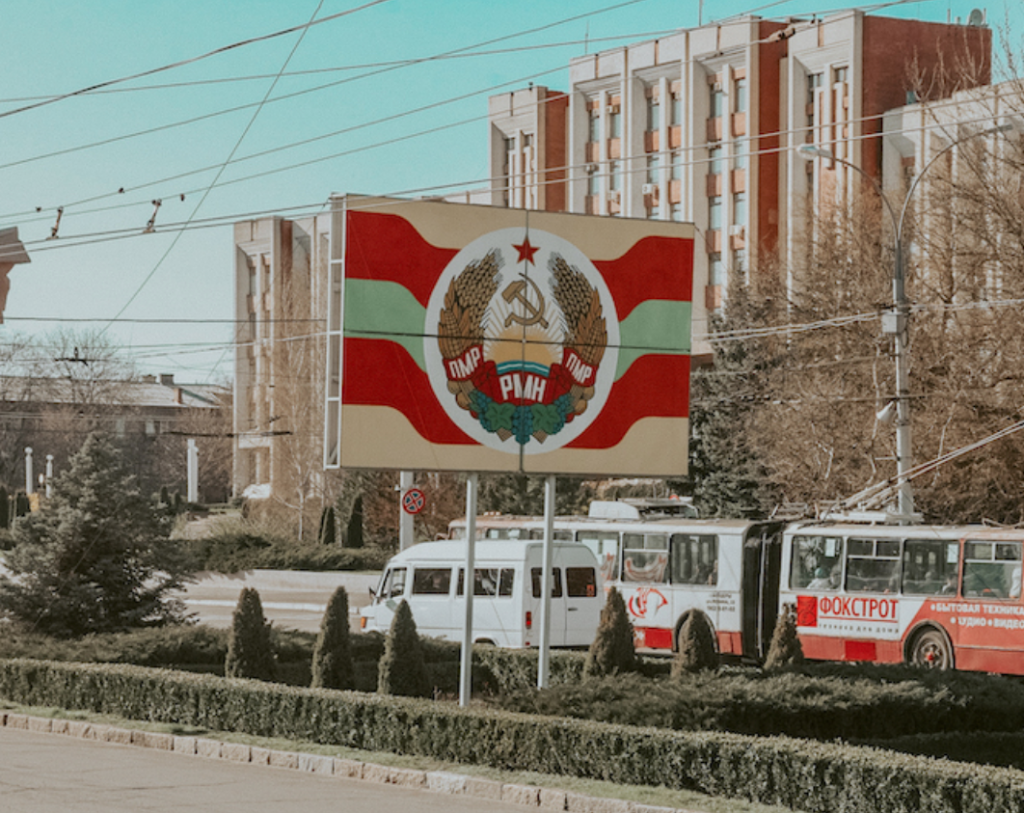The Jordan Center stands with all the people of Ukraine, Russia, and the rest of the world who oppose the Russian invasion of Ukraine. See our statement here.
This article originally appeared on Transitions on 3/23/2023.
Peter Rutland is a professor of government at Wesleyan University in Middletown, Connecticut.
On 17 March, the International Criminal Court in The Hague issued arrest warrants for Vladimir Putin and his children’s rights commissioner, Maria Alekseyevna Lvova-Belova, for the “unlawful deportation of Ukrainian children.”
This stunning development is a huge boost to the morale of Ukraine and its Western supporters, and a major embarrassment for Russia and its partners. It came less than a week before Chinese President Xi Jinping arrived in Moscow for a state visit.
The Russian authorities had openly boasted about the “rescue” of Ukrainian children from the occupied territories and their transfer to the Russian Federation, and had presented some of the children at public events, such as the 23 February victory rally attended by Putin. So the factual basis of the ICC’s accusation is in plain sight. The Ukrainian government says 16,000 children have been taken to Russia, and only 307 have been returned.
The ICC announcement came just one day after the UN Human Rights Council’s independent commission of inquiry into the Ukraine war released a report that cites the “transfer and deportation of children” on the part of Russia as a violation of international humanitarian law and a war crime. It is unfortunate that in the international media, the more dramatic announcement of the ICC indictment almost totally eclipsed coverage of this report.
The UN inquiry is headed by Erik Mose, a former Norwegian judge who once led an investigation into the Rwanda genocide. The Mose report on the current war cites the murder and torture of civilians and the attacks on Ukraine’s electricity infrastructure, suggesting that these may amount to “crimes against humanity,” though it argues that there is not yet evidence for the accusation of genocide.
A flawed but powerful court
Several major countries—including the United States, Russia, and China—are not members of the ICC. President Bill Clinton signed the ICC’s Rome Statute in 2000, but George W. Bush repudiated it, since his administration feared that U.S. soldiers could be hauled before the tribunal. Russia also signed the statute in 2000, but never ratified the treaty and ultimately withdrew its signature in 2016. Ukraine is not a member, but accepted the jurisdiction of the ICC in 2014, and 43 countries have referred the situation in Ukraine to the ICC.
Founded by the United Nations in 1998 and operational since 2002, the ICC is a flawed but nonetheless influential institution. No less than 123 countries are members—and they are now legally obliged to arrest Putin should he set foot on their territory, and send him to The Hague.
To date, the ICC has indicted 38 individuals but only secured 10 convictions. The only other incumbent national leader to have been indicted by the court is Sudan’s Omar Al Bashir, who was charged in 2009 with committing genocide in Darfur. Bashir continued to travel internationally, including to places like India (not an ICC signatory), until he was overthrown in a coup in 2019 and jailed in Khartoum. One of the main criticisms of the ICC is that all of its cases, until now, have involved Africa.
There is a high degree of overlap between non-parties to the ICC and Russia’s supporters and abstainers in the UN votes on the war in Ukraine. South Africa, Mongolia, and the Central African Republic, on the other hand, are ICC members that have taken pro-Russian stances in voting or abstaining at the UN. Putin’s indictment will bolster people in those countries arguing for a more critical approach toward Russia’s invasion of Ukraine.
Information in the service of war
The indictment comes at a critical time in the evolution of the conflict in Ukraine. It is a war being fought on three fronts.
First, there is the military struggle on the battlefield, which seems to have sunk into a stalemate along the more than 1,000-kilometer front line, as each side has exhausted supplies of weapons, ammunition, and soldiers. Only marginal gains are likely for either side for the foreseeable future.
Second, there is a protracted economic war. Some 50 countries have imposed unprecedented sanctions on trade with Russia. Those sanctions have not forced Putin to abandon his effort to conquer Ukraine, nor have they caused the Russian economy to implode. But as they bite over time, they will make it more costly for Russia to continue waging war. The lack of access to Western technology makes it more difficult to modernize Russian industry, and the elimination of European purchases of Russian natural gas will leave a giant hole in the Russian budget.
Third, there is the struggle for global public opinion. While the Western coalition supporting Ukraine has held together surprisingly well, Ukraine has been losing the information war with Russia in the Global South. On 2 March 2022, in a UN General Assembly vote, 141 countries “deplored the aggression” of Russia against Ukraine, while five voted against and 35 abstained. However, the 40 countries that abstained or voted no included India, China, and South Africa, and account for 60 percent of the world’s population. Last month’s General Assembly vote on a resolution on the first anniversary of the war produced a similar result: 141 for, seven against, and 32 abstentions. Brazil shifted from neutral in 2022 to vote against Russia in 2023, while Bangladesh moved from a pro-Ukraine vote to abstain a year later. For the Global South, suspicion of the United States as the dominant economic and military power in the world remains uppermost.
The Putin indictment might help to turn the tide, making it more difficult for the leaders of democracies like Brazil, India, and South Africa to sit down with the Russian president, and to treat the two sides in the Ukraine war as equal in moral stature.



